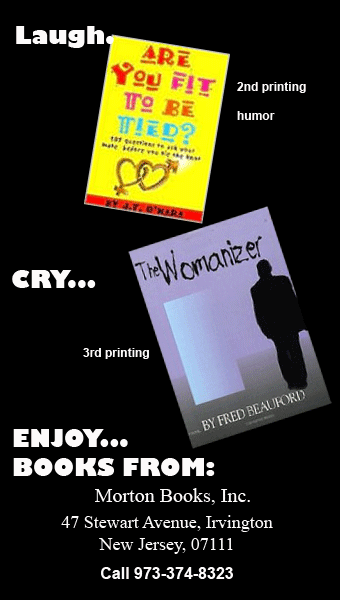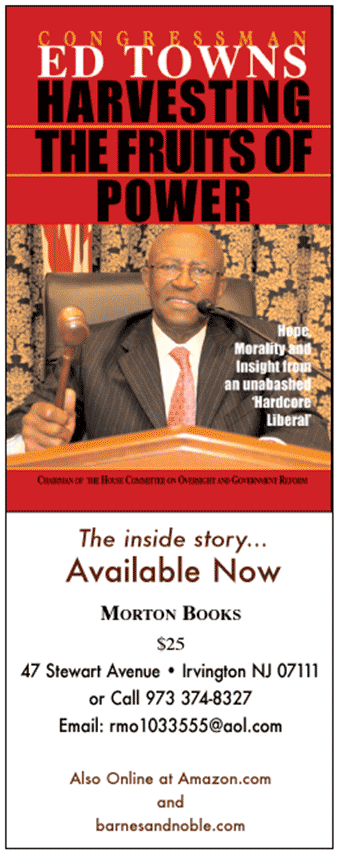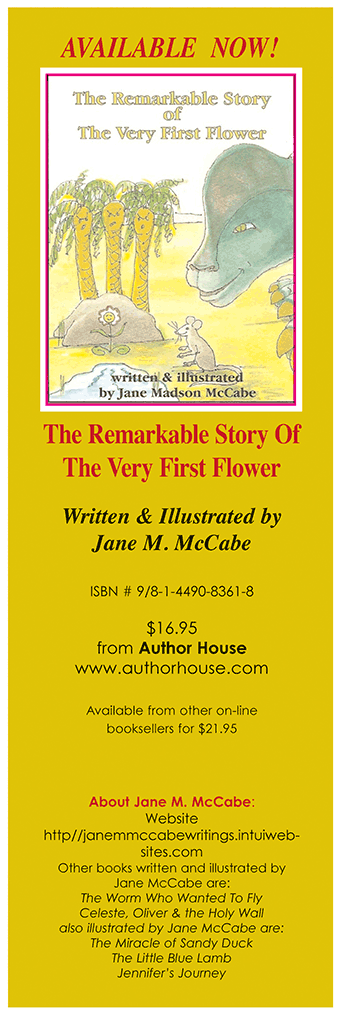REVIEWING
Endgame
by Frank Brady
Crown Publishing | 2011 } 328 pages, } $25.99
Reviewed by Michael Carey
“What do you know about Bobby Fischer?” I was asked before starting Frank Brady’s Fischer biography, Endgame. I knew he played chess and was a young prodigy. Moreover, I thought that he was “gone,” something I learned from a SNL skit from the mid-90s that involved the Spartan cheerleaders at a chess match chanting, “Bobby Fischer, where is he? I don’t know! I don’t know! He’s gone!”
Brady’s Endgame informed me that although the chess great was a fugitive from the U.S. government and an elusive subject for the press, he did not pass from this life until 2008. But he left his legacy (both good and bad) for the world to learn from and debate.
Brady’s attempt to answer the question, “What was Bobby Fischer really like?” creates an image of the whole person. His valiant efforts to solve the enigma of possibly the greatest chess player of all time, leads the reader through a maze (moments of shared joy, sympathy, frustration, and spite) to a locked door to which only Bobby, himself, held the key. Brady succeeds in presenting an unbiased (often awestruck, but always respectful) account of chess’ most famous and infamous World Champion.
Raised with his sister by their single mother, Bobby’s upbringing was littered with financial struggles and time alone. The reader meets Fischer as an awkward, but normal enough boy, who finds companionship in the intellectual challenge of chess: the pieces, the squares, the moves, the competition, and the sweet victory. The game became his sole passion.
Through a progression of chess-benefactors, Fischer learned the game quickly, and learned it well.
With the encouragement of a few interested chess enthusiasts, he joined the most prominent chess clubs in New York City. His learning curve boosted his level of play above other young chess masters, as well as those who were many years his senior.
More than the way he played, his opponents and onlookers were amazed by his focus and total involvement in the game. Soon Bobby Fischer was able to play against many worthy opponents. His chess prowess continued to grow, and at a young age he was winning numerous tournaments, becoming the youngest U.S. Champion at the age of 14, and the youngest International Grandmaster at 15.
His dream of being World Chess Champion was accomplished at 29.
What happened to Bobby Fischer after his victory would, to most people, be considered tragic. But for Fischer it was how he would choose to live -- uncompromising and distrustful, for the rest of his life. Fear involving money, the press, defeat, and the Russians would be his companions. He resigned his official World chess Champion title (he would continue to claim it was his) by refusing to defend his title in 1975. He nearly disappeared for the better part of two decades, hiding from perceived threats.
He stopped paying taxes in 1977 and would become a man without a country in 1992 when, against an embargo, he played a rematch of the 1972 World Championship in Yugoslavia. If he returned to the U.S., he would face fines and possible jail time, and so Fischer never touched foot (officially) in the U.S. again.
With his earnings, he lived financially secure, pushing his own variation of chess, Fischer Random, and connecting with old chess friends, making new chess friends, and always spreading his distrust of the Jews and ideas of Russian conspiracy.
Bobby Fischer’s life out of the spotlight is also examined in Endgame. His extraordinary level of devotion to studying chess is displayed as a constant throughout his life. Although a high school dropout, Bobby thrived on knowledge and was an avid reader throughout his life, not only books about chess, but a wealth of diverse topics as he aged.
His involvement with the Worldwide Church of God, his growing hatred of Jews, and his years of quiet hermitic living are investigated with a speculative eye. Fischer’s search for love and his trying relationships with friends show his humanity to be as dynamic as his knowledge of chess.
The chapters of Endgame stream along the life of the chess great in chronological order. However, the sections of the chapters are thematic, allowing a more coherent picture of Bobby Fischer to be drawn, while causing the reader to jump thoughts and pages, to create a complete timeline of his life. Brady is very good about introducing and reintroducing people to create, as much as possible, self-contained stories of Bobby’s life and experiences. This device makes the reading easier and ties the whole story together.
This book is not necessarily a pleasure read (guilty pleasure maybe), but rather, it is an excellent account of a man who impacted the world greatly with his genius and his eccentricity. It is satisfying for the reader with an interest in chess, Bobby Fischer, or simply for those curious to learn the truth behind the misconceptions surrounding his life.
I enjoyed this book for the history, the easy and exciting introduction to chess, and for the window it opened to shed light on who Bobby Fischer really was.
Being in New York while reading Endgame, was also a real treat due to the deep and rich history of the city’s chess scene (a good deal of which is referenced in or is a part of Bobby’s story). I was able to walk by the Marshall Chess Club where Fischer played the “game of the century” against international master Donald Byrne. I stopped in Union Square to watch the trash talking of a friendly chess match that ended in a draw. I gained a greater respect for the game and my eyes have been opened a little more to the world of chess that is given so little notice in our day. I believe that was the legacy of Bobby Fischer all along, even when he fought against it.
It was chess, and his struggle to be the absolute best at it, that dominated his relationships and ultimately his life.





